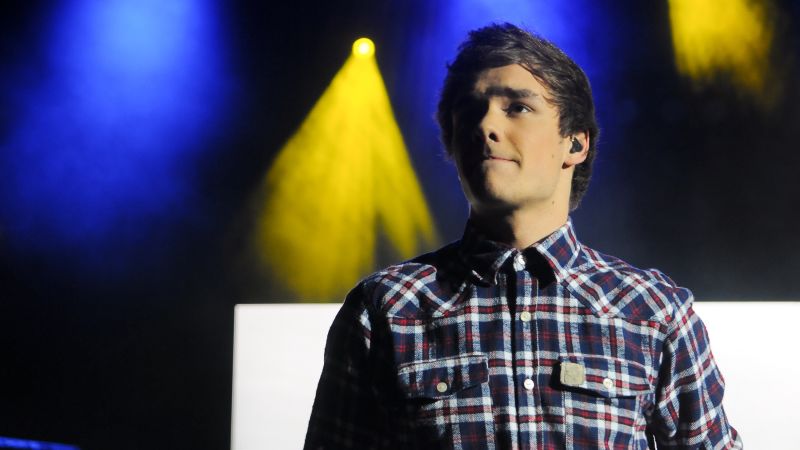
Liam Payne’s tragic death reflects an industry that has too often failed young talent
CNN
Liam Payne’s final moments remain shrouded in uncertainty. Sadly, many elements still seem all too familiar when considering the musician’s background of finding fame at a young age.
Liam Payne’s final moments remain shrouded in uncertainty. Investigators in Buenos Aires believe the 31-year-old musician was alone in his hotel suite when he tragically fell from a third-floor balcony last week, landing in the small courtyard below. While the investigation into the circumstances that contributed to Payne’s death is ongoing, the scene he left behind – a shattered television and reports of erratic, aggressive behavior – paints a harrowing picture of final moments in turmoil. At just 16, Payne rocketed to stardom as a member of One Direction after appearing on “The X Factor” in 2010, spending half his life under the unrelenting gaze of the public. Now, his untimely death is reigniting urgent conversations about the mental health and addiction struggles that so often afflict young stars thrust into the limelight. “We all let you down. Where was this industry when you needed them?” wrote Sharon Osbourne, former “X Factor” judge, in a scathing social media critique of an entertainment machine accused of neglecting the emotional and mental wellbeing of its youngest talents. Osbourne was not a judge on either “X Factor” season in which Payne appeared, but her words nevertheless resonate deeply: “You were just a kid when you entered one of the toughest industries in the world. Who was in your corner?” This week, Guy Chambers, the a songwriter and friend of singer Robbie Williams, called on the recording industry to hold off on working with talent under the age of 18. “I do think putting a 16-year-old in an adult world like that is potentially really damaging. Robbie experienced that, certainly,” Chambers told the Observer. “I would suggest that people should not be in a boy band until they are 18, and the industry should stick to that.”






